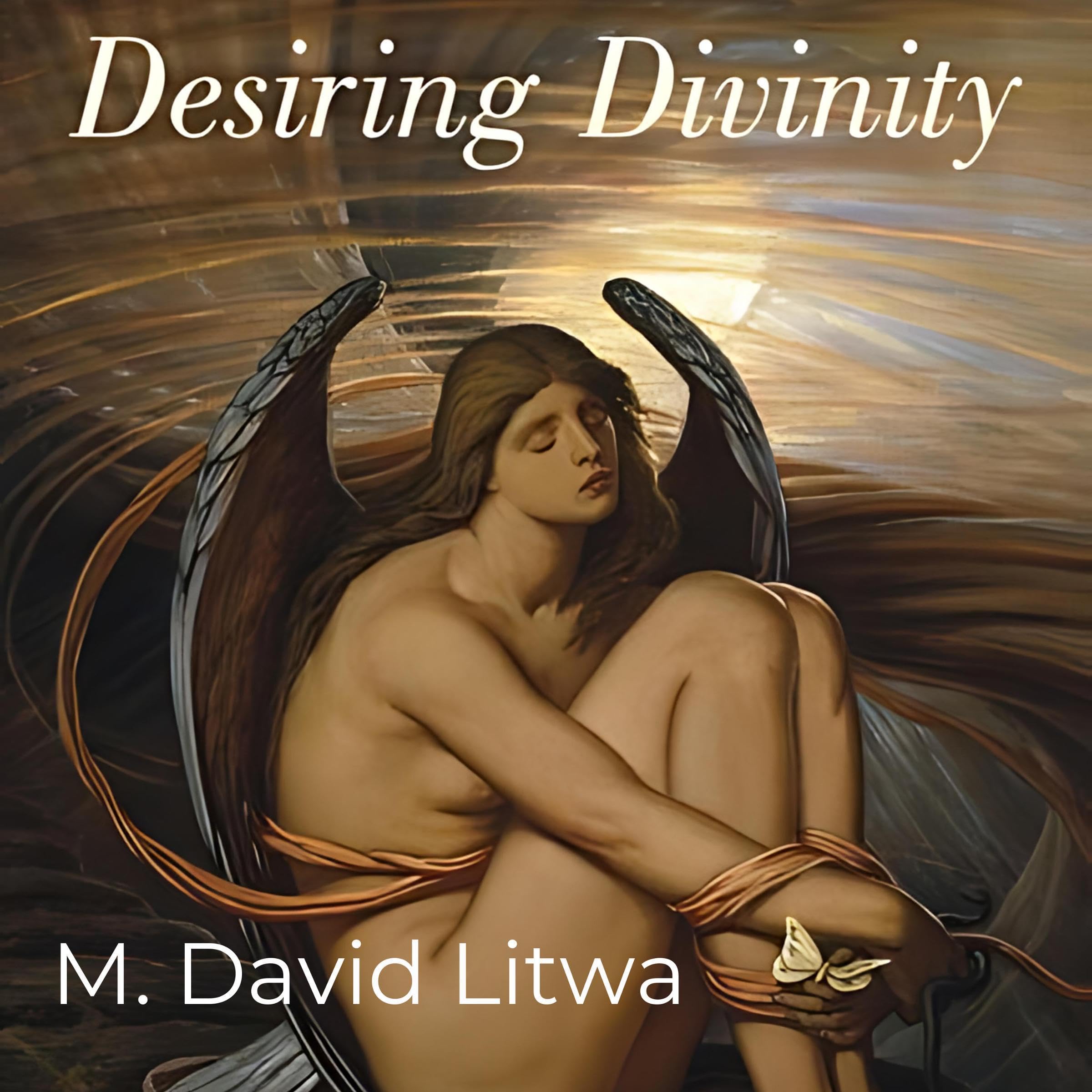What do you think?
Rate this book


Audible Audio
Published July 19, 2024
Jesus’s opponents are not allowed to articulate this charge; the narrator makes it for them. Indeed, the silence of the Jews in this chapter is striking. What we call “the Jewish charge,” then, must be understood as the charge that John makes the Jews present. It is effectively a rhetorical setup. Jesus uses the charge as a springboard to expatiate on his uniquely divine powers. The Jews are never afforded a chance to state their charge or respond when accusations are hurled against them.
Jesus never denies that he is equal to God, but tries various rhetorical strategies to legitimate his equality in light of Jewish traditions. His argument is somewhat circuitous, but it boils down to the idea that he is not a rebel but a son ... After asserting such bold claims, Jesus draws a potentially idolatrous conclusion. He has been given Yahweh’s unique prerogatives for a reason: so that all people might honor (timōsi) him just as (kathōs) they honor Yahweh. “Honor” here designates worship given to a deity. Bestowing divine honors on a human in the ancient world was a mode of worship. In effect, Jesus claims that he should be worshiped as Yahweh—or at least anticipates being worshiped in a way equal to the Jewish god. He has the audacity to say this in Yahweh’s very house of worship.
As he makes his argument, Jesus repeatedly turns (as is customary in juridical polemics) to attack his opponents. But he attacks the Jews in a particularly vitriolic way, needling the nerve centers of their identity ... In the face of opposition, Jesus does not tone down his claims; he intensifies them. In fact, his sense of his own importance seems to spiral out of control. Jesus claims that his voice will be the trumpet blast initiating the final resurrection, and that he will be the final judge of the dead ... The more we understand Johannine theology, the more we intuit that Jesus’s word and God’s word are not really different at all ... Jesus says that if the Jews knew him, they would have known Yahweh. The reader is led to conclude that the identities of sender and envoy have somehow merged.
These sociopolitical functions of self-deification myths indicate that they have not outlived their use. Even today, most westerners are culturally familiar with the rebel pattern of self-deification. This pattern has allowed self-deification to become a metaphor of the self-serving display of one’s own honors. This form of self-deification is still widely viewed as an ugly practice, chiefly of athletes and politicians—though occasionally of academics ... Fortunately, the need for reelection humbles the pride of politicians, and athletes are laid low by swift-running old age. As for academics, the arduous process of finding employment, fielding criticism, and attaining tenure drains the pomp out of nearly every circumstance.
There is no form of self-deification that is morally and politically “safe.” The desire for transcendence (even with divine aid) is always dangerous to society because it involves one person or group claiming a (radically) higher status than another. Theism (and monotheism in particular) means that hierarchy is built into the cosmos, and thus willed by God (who has the most to lose from the “coup” of secularization). Rigid hierarchies justified by theistic ontology invite self-deifying rebellion on the part of the dominated who have not benefited from the rule of a single, all-powerful (need one say male) God.
If self-deification is a radical form of self-preservation, then the desire for deity is a common, if repressed, human aspiration. It is part of advanced human cognition, perhaps, for people to exaggerate their own importance or significance in the interests of building and dwelling in a stable symbolic universe that benefits them. Humans will to be told that they are necessary, loved, and destined for an eternal, meaningful existence. Constructing this ultimate significance does, in a sense, make humanity long-lived, or at least increases the chances for the human race to survive ...